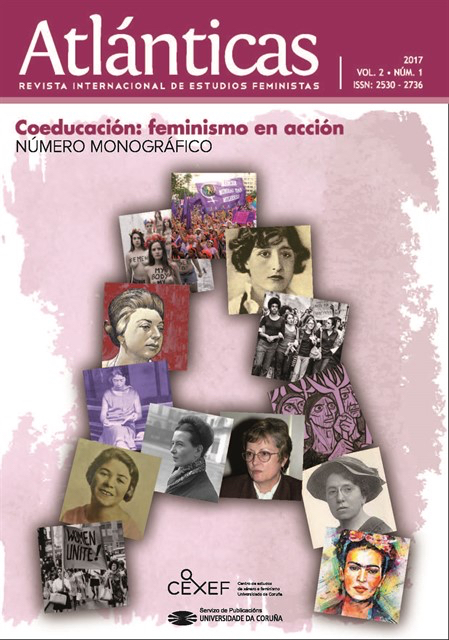Coeducation: Feminism in action
Main Article Content
Abstract
Coeducation is born as political project for the transformation of a sexist and, therefore, unequal, unfair and excluding society. Coeducation engages with a social model that definitively breaks hierarchical gender relations and seeks to guarantee the possibility of a freely chosen individuality. This was evidenced by the legislative reforms of the present century because, by recognizing the existence of gender-based discriminations, they insisted on the need to promote equality between women and men in education, and introduced different measures aimed at eliminating the inequalities depending on this variable. The coeducational project draws on feminist studies that, using the concept of gender to highlight the cultural origin and social construction of these inequalities, place in a relevant position the fight against stereotypes, due to their great power in defining skills, qualities, interests and future perspectives.


